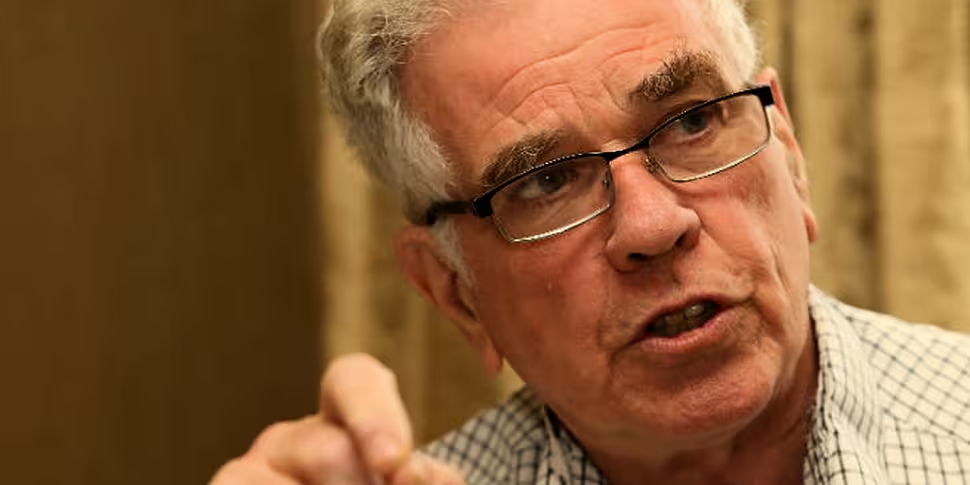One of the country's leading homeless campaigners has said the homelessness crisis in Ireland has "hit the wall".
Speaking to Newstalk Breakfast, Fr. Peter McVerry said the Taoiseach needs to declare a national emergency and get “every relevant agency around a table to produce a plan to prevent more families from becoming homeless”.
He said: "We've reached the end of the line. There is no more accommodation available.
"We dealt with a family recently and we had to make 100 phone calls to hotels and B&B's before we can secure a room".
Fr. McVerry said that three records were reached last month in relation to homelessness figures.
"For the first time ever the number of homeless families passed 1000, the number of homeless children passed 2000, and the number of homeless individuals passed 4000."
Earlier, The Irish Times reported that in the past week alone, four families were placed in adult hostels late at night, with children left on "blow up beds" on the floor.
He said that putting children into those centres is "outrageous" as residents often have addiction problems and behavioural problems.
He also warned that the problem is going to get worse as "18,200 homes are before the courts waiting for reposession".
Fr. McVerry added that the real emergency is preventing more families becoming homeless.
"By the time Simon Coveney produces his action plan on housing - which he says we'll have by the end of July - another 200 families will have become homeless."
He also said that while he thinks new Housing Minister is genuine and "really wants to make a difference" he can't deal with the problem on his own.
He believes Coveney needs cooperation from the Departments of Finance, Health, and Social Protection, along with NAMA and the local authorities.
"It's a multi agency problem. He needs them all to come together to produce a plan and be told that they have to fulfill their obligations under this plan."
Fr. McVerry also proposed two measures which would alleviate the situation: emergency legislation preventing evictions by landlords or banks, and obligatory mortgage-to-rent options.
The latter would force banks and vulture funds to sell the repossessed houses to either a local authority or a charity, and allow families to remain in their homes.









